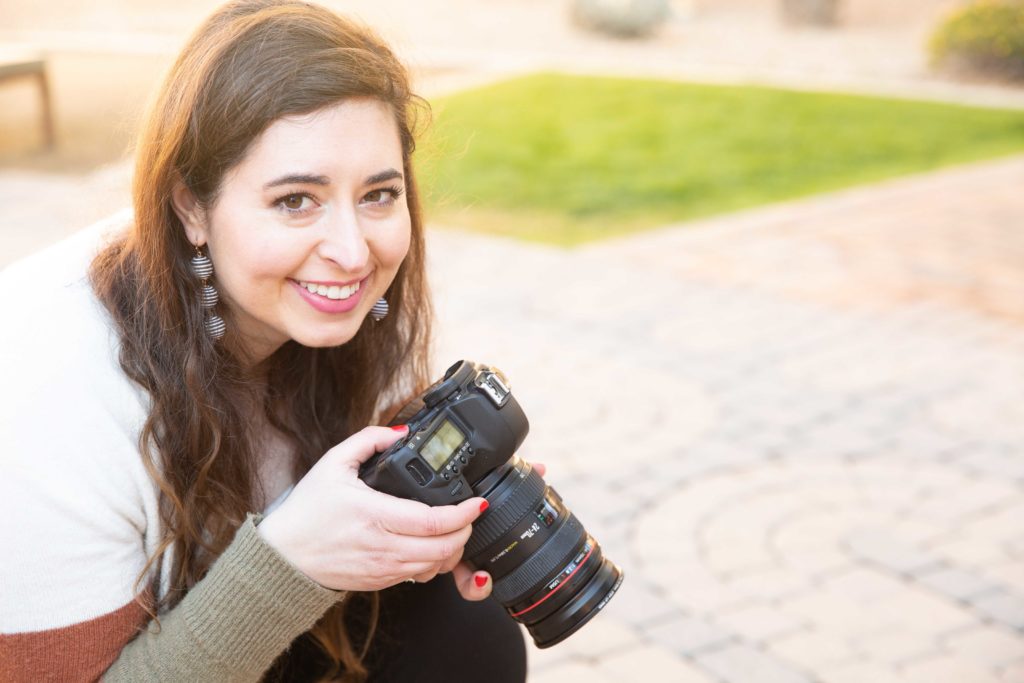 LOUISVILLE, Ky. — A federal judge appointed to the bench by President Donald Trump has granted a temporary injunction to a Kentucky photographer who filed a preemptive lawsuit to ensure the City of Louisville doesn’t punish her for declining to shoot same-sex weddings. However, the judge also said that art, being a form of speech, is protected, while a hotel declining to give two men a room for a night isn’t. He praised the “progress” made by homosexuals in the country and asserted, “Our nation is better because of it.”
LOUISVILLE, Ky. — A federal judge appointed to the bench by President Donald Trump has granted a temporary injunction to a Kentucky photographer who filed a preemptive lawsuit to ensure the City of Louisville doesn’t punish her for declining to shoot same-sex weddings. However, the judge also said that art, being a form of speech, is protected, while a hotel declining to give two men a room for a night isn’t. He praised the “progress” made by homosexuals in the country and asserted, “Our nation is better because of it.”
“To cut to the chase, Nelson is likely to win by applying binding precedents and straightforward principles: Her photography is art. Art is speech. The government can’t compel speech when it violates the speaker’s religious or political principles,” wrote Judge Justin Walker.
“[U]nder our Constitution, the government can’t force [Americans of faith] to march for, or salute in favor of, or create an artistic expression that celebrates, a marriage that their conscience doesn’t condone,” he outlined. “America is wide enough for those who applaud same-sex marriage and those who refuse to. The Constitution does not require a choice between gay rights and freedom of speech. It demands both.”
Photographer Chelsey Nelson had filed suit to challenge Louisville’s public accommodations ordinance, which prohibits discrimination “because of race, color, religion, national origin, familial status, age, disability, sex, gender identity, or sexual orientation.”
“[I]t is an unlawful practice for a person to deny an individual the full and equal enjoyment of the goods, services, facilities, privileges, advantages, and accommodations of a place of public accommodation, … on the ground[s] of … sexual orientation,” the law states.
As Nelson photographs weddings as part of her business, and as a Christian, she holds to the biblical conviction that marriage was designed by God to be between a man and a woman, she cannot in good conscience shoot same-sex ceremonies.
She filed suit out of concern that she could be punished for this stance, seeing that other businesses in Kentucky were facing difficulty for similar reasons. Nelson has never personally been approached about photographing a same-sex event.
“Chelsey works with and serves clients regardless of who they are, including those in the LGBT community. She just cannot promote every message or celebrate every event asked of her,” the official complaint stated. “In our pluralistic society, where we disagree about so many topics, speakers typically have the freedom to choose what they say and what they celebrate.”
“We don’t force LGBT web designers to create content condemning same-sex marriage for a church. Or force Muslim printers to design anti-Islam flyers for a synagogue,” it said. “The First Amendment protects these speakers’ freedom. Louisville should not take the same freedom away from Chelsey just because she wants to speak in favor of one particular view on marriage.”
Read her legal challenge in full here.
On Friday, Judge Walker granted Nelson an injunction against enforcement of the ordinance as it pertains to her activities, believing that she was likely to succeed in her legal challenge.
“Because the accommodations provision compels Nelson to express herself in a manner contrary to her conscience, the court presumes that the provision — as applied to Nelson — is unconstitutional,” he wrote. “Thus, Louisville must at least prove that the accommodations provision is narrowly tailored to serve a compelling interest.”
“And even if Louisville could satisfy that standard, it might still lose here, where it is attempting to compel religious speech at the core of the First Amendment.”
However, while Walker largely ruled in favor of Nelson, he also clarified that the “ruling is not a license to discriminate, nor does it allow for the ‘serious stigma’ that results from a sign in the window announcing that an owner won’t serve gay and lesbian customers.”
He said that, for example, Marriott hotels cannot refuse to give a room to a same-sex twosome, as a vacant room is not speech.
“‘Millions of gay and lesbian Americans have worked hard for many decades to achieve equal treatment in fact and in law.’ Our nation is better because of it,” Walker claimed. “But their progress depended on the First Amendment’s protection of expressive conduct that was once far less popular than it is today, from marching in pride parades to flying rainbow flags.”
“Challenging questions remain unanswered at the intersection of free speech, religious liberty and equal treatment,” he concluded. “Courts must navigate these difficult issues without imposing indignities on religious believers when they engage in expressive conduct and ‘without subjecting gay persons to indignities when they seek goods and services in an open market.'”
Become a Christian News Network Supporter...


